Smitha Sehgal is a much-published poet. Her poems speak volumes of her eye for precision and detail underlined with a sensitivity that echoes the joys and pains inherent in her surroundings. She engages with the everyday world rendering it extraordinary by weaving synesthetic images that evoke beauty and touch a chord with the reader. In poems like ‘Sunshine’ she describes a frail woman, cleaning a house, who inhabits all our homes but it takes the likes of Sehgal to write of them. The social reality of hunger and darkness is expressed in the image of a ‘dark hole in the sun’.
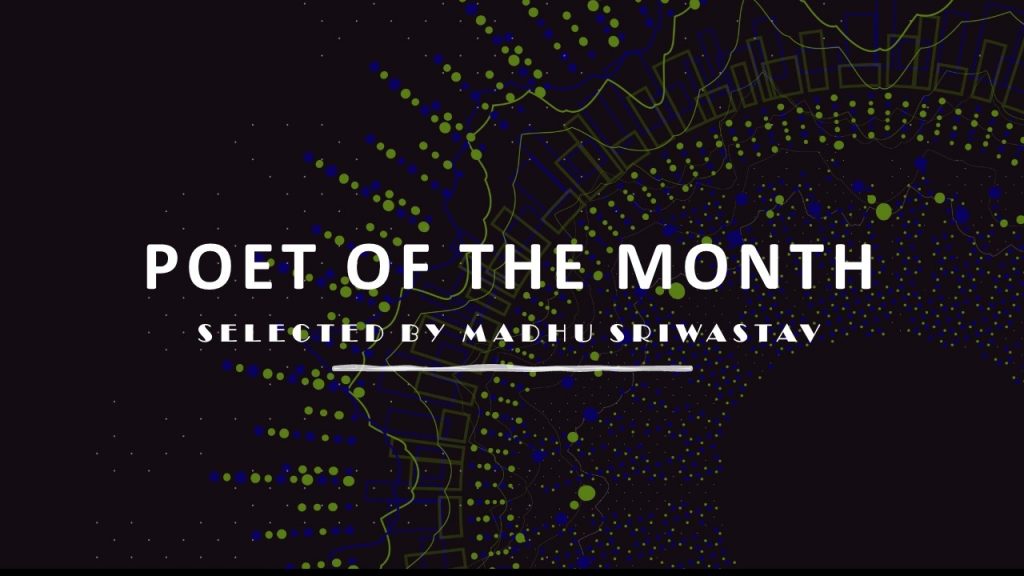
1) Plucking Jackfruit
plucking jackfruit
is a vexing task right after the monsoon,
you might as well make use of the summer,
plunge into the day,
nudge the fruit on its nape,
give a gentle push with a twisted rod
sourced from the blacksmith,
if he isn’t helpful,
you may knock at the gardener’s,
borrow a bamboo reed,
nice and long, the kind used
for trellis
firmly tie a shorter stick
on one end with coir
that the whole device resembles a catapult
with a long handle,
choose a safe angle
that when the spiked fruit falls with a thud
it doesn’t land on your head.
now for those heavier jackfruits,
they were brought down by the tree climber,
negotiating the fire-ants
and nesting crows
and more often meditated midway on the trunk,
and if the tree branched over a busy high way
you had to pacify the honking cars
and school bus and hold your breath
on the edge of the earth
when the sun peaks split open
the fruit, the smell bursts, floods your lungs
with the memory of first kiss
or the thin film of placenta on the newly birthed calf,
the flesh of yellow bulbs hold sunlight,
draped in the sticky sap
the seeds soaked and scraped
the slow boil of lentil,
a sprinkle of drumstick leaves
on a heap of steaming white rice.
2) Sunshine
The little woman sweeps away
the fine dust breathing inside my home
the tables, chairs, mats, books, curios.
Thin fingers clutch a mop cloth, thin wrist,
red bangles tinkle,
polishing brass,
the house now bearable.
Once in a while, absent minded,
I ask her about her village.
She sits down on her haunches,
draped in the burnt red of hibiscus,
blowing into a brimming saucer
talks about the river flowing by her home,
the women bathing, washing clothes
the fresh catch of fish,
faraway sea. The air smells of salted cod.
A home in the hole of the sun
which she must breathe
once in the turn of a year.
Two and a half days of train journey
and rest by foot amidst paddy fields
and coconut groves.
Someone else’s.
There is a harvest song in the air,
but mostly,
there is only a dark hole in the sun
and hunger
*
Smitha Sehgal is a legal professional and a bilingual poet who writes in English and Malayalam.
Her poems, fiction and book reviews have featured in contemporary literary publications as Reading Hour, Brown Critique, Kritya, Muse India, The Wagon Magazine, Usawa Literary Review, Parcham, Madras Courier, Water Video Mag, EKL Review, The Criterion, Kalakaumudi, Samakalika Malayalam, Kalapoorna, ShadowKraft, Da Cheung (Korean Literary Journal) Ink Sweat & Tears, Tiger Moth Review, Almost Island, Acropolis Journal, Gone Lawn Journal and anthologies including “40 Under 40: An Anthology of Post-Globalisation Poetry”, “Witness -Red River Book of Poetry of Dissent.”
Her first collection of poems ‘How Women Become Poems in Malabar’ (Red River, India) has been released recently. Her poems have been nominated as Best of the Net by three prestigious journals in 2023 (The Indianapolis Review, Marrow Magazine & The Chaotic Merge Magazine).
*




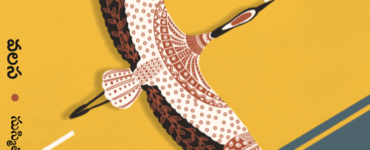

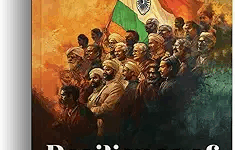
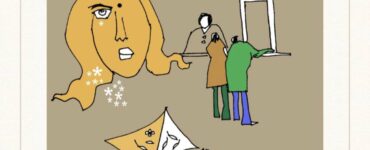
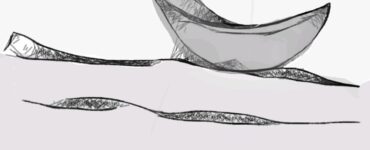
Plucking jackfruit: a wonderful piece of poetry